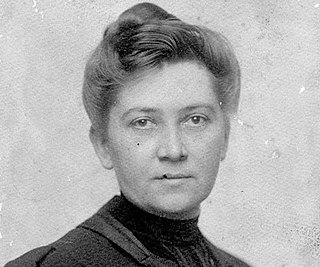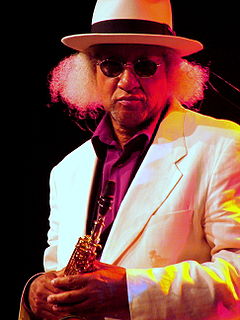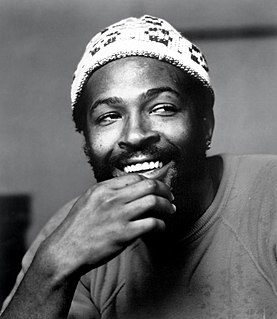A Quote by Caroline Shaw
I've done a lot of performance practice, Baroque playing, and some of the joy and the challenge of it is figuring out what the composer intended... You have music of the 17th century - it's all whole notes and half notes. But inside of that, there are so many things that one can do, at least according to what we know about performance practice.
Related Quotes
I think now happiness is a thing you practice like music until you have skill in striking the right notes on time. We have no vocation for it. And I had no practice, not a day when I was free from care and one great anxiety - and one must be free to be happy. I know that much about it by having missed it.
A good way to work on alternate picking is to choose three or four notes, and work on those. Too often, players who are trying to improve their right hand dexterity get hung up by playing too many notes with the left hand.I hear a lot of players running whole scales from the sixth string to the first , and playing them really sloppy.Keeping it very basic-and using only a few notes-and playing slowly with perfect rhythm is a task in itself.
We're living in a time when pretty much anything can happen in the music world. There are a lot of musical languages in which people work. When I think of common practice I think back to the time I was studying the flute, where I learned that in the Baroque period many things were not notated, since they were understood - that was because of common practice.
It was hard to become an astronaut. Not anywhere near as much physical training as people imagine, but a lot of mental training, a lot of learning. You have to learn everything there is to know about the Space Shuttle and everything you are going to be doing, and everything you need to know if something goes wrong, and then once you have learned it all, you have to practice, practice, practice, practice, practice, practice, practice until everything is second nature, so it's a very, very difficult training, and it takes years.
Composer” is a word which here means “a person who sits in a room, muttering and humming and figuring out what notes the orchestra is going to play.” This is called composing. But last night, the Composer was not muttering. He was not humming. He was not moving, or even breathing. This is called decomposing.
We're sitting in here, and I'm supposed to be the franchise player, and we in here talking about practice. I mean, listen, we're talking about practice, not a game, not a game, not a game, we talking about practice. Not a game. Not, not... Not the game that I go out there and die for and play every game like it's my last. Not the game, but we're talking about practice, man. I mean, how silly is that?.. And we talking about practice. I know I supposed to be there. I know I'm supposed to lead by example... I know that... And I'm not... I'm not shoving it aside, you know, like it don't mean anything. I know it's important, I do. I honestly do... But we're talking about practice man. What are we talking about? Practice? We're talking about practice, man.




































